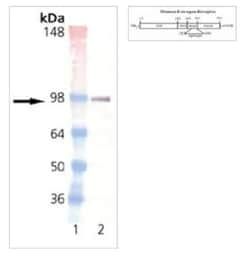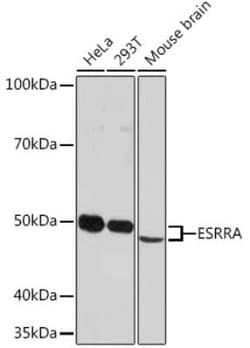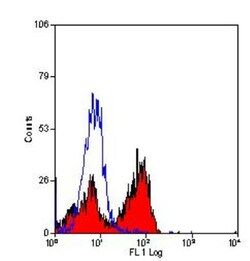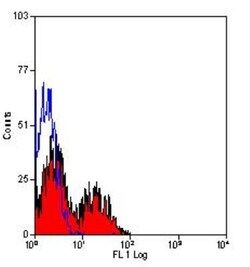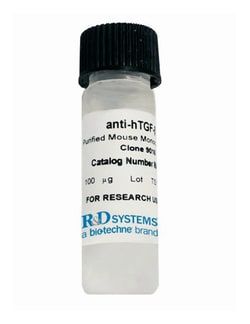ER alpha/NR3A1 Antibody (h-151), Novus Biologicals™
Mouse Monoclonal Antibody
Manufacturer: Fischer Scientific
The price for this product is unavailable. Please request a quote
Antigen
ER alpha/NR3A1
Concentration
1.0 mg/mL
Classification
Monoclonal
Form
Purified
Regulatory Status
RUO
Target Species
Human, Rat
Gene Alias
ER, ER alpha, Era, ER-alpha, ESRESRA, Estradiol receptor, estrogen receptor, estrogen receptor 1, estrogen receptor alpha, estrogen receptor alpha delta 3*4,56,7*/819-2 isoform, estrogen receptor alpha delta 4 +49 isoform, estrogen receptor alpha delta 4*5,6,7*/654 isoform, NR3A1DKFZp686N23123, Nuclear receptor subfamily 3 group A member 1
Gene Symbols
ESR1
Isotype
IgG1
Purification Method
Protein G purified
Clone
h-151
Applications
Immunofluorescence, Western Blot, Immunoprecipitation, Immunocytochemistry
Conjugate
Unconjugated
Host Species
Mouse
Research Discipline
Cancer, Cell Biology, Cell Cycle and Replication, Dendritic Cell Markers, GPCR, Neuroscience, Signal Transduction, Transcription Factors and Regulators
Gene Accession No.
P03372
Gene ID (Entrez)
2099
Immunogen
Synthetic peptide derived from the sequence of human Estrogen Receptor, conjugated to KLH
Primary or Secondary
Primary
Test Specificity
Binding specificity was confirmed in peptide inhibition studies with the intact protein. This does not recognize the native estrogen receptor in the inactive 8S oligomeric state, but reacts efficiently with the activated 4S receptor.
Description
- ER alpha/NR3A1 Monoclonal specifically detects ER alpha/NR3A1 in Human, Rat samples
- It is validated for Western Blot, Immunocytochemistry/Immunofluorescence, Immunoprecipitation.
